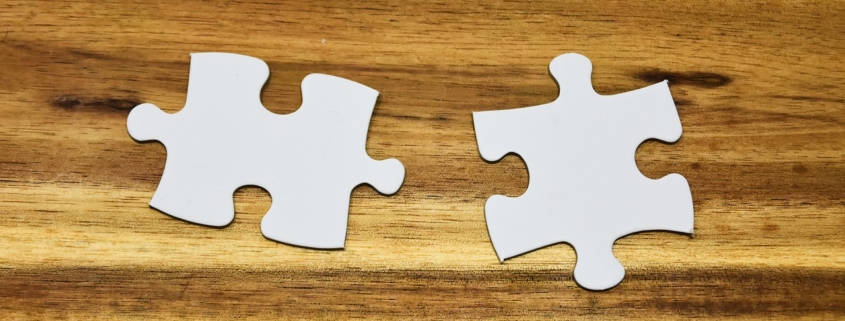How to Make the Two Primary Roles of Persuasion Work for You
To understand what persuasion can do for you and your career, you must understand the two fundamental roles of persuasion.
The first involves getting someone to say “yes” to your offer or request — to buy your product, agree to your idea or take you up on your suggestion. Persuasion helps you get someone to willingly do something. You may want that person to:
- Approve a higher headcount: “Will you sign off on my four new field sales positions?”
- Enter into a business relationship: “Do we have a deal?”
- Support your initiative: Will you back my proposal at the board meeting?”
The second role of persuasion — and one that many people overlook — is getting someone to not
do something, to dissuade them from taking action you feel might be harmful, such as using a particular supplier or launching a particular product. For example:
- Do not go ahead with a new business partnership: “That firm is just bouncing back from bankruptcy; do you think we should partner with it?”
- Discontinue, or at least rethink, an existing initiative: “Our East Coast teams aren’t seeing much client interest.”
- Change a decision, or at least continue due diligence: “Do you truly think he is the right person for the job? If we keep looking, we might be able to find a better fit.”
Law enforcement officers in some cities use the power of dissuasion very effectively. When bicycle thefts are widespread, for example, they employ a special task force to use GPS-tagged bait bikes to catch would-be thieves, which forces small-time criminals to ask themselves one significant question before they steal: Is this a bait bike?
If you’re going to thrive in the eat-or-be-eaten contemporary workplace, you must be able to effectively use both roles. Doing so will provide you with a competitive advantage, because your competitors are more than likely not focusing on their own persuasion skills.












Leave a Reply
Want to join the discussion?Feel free to contribute!